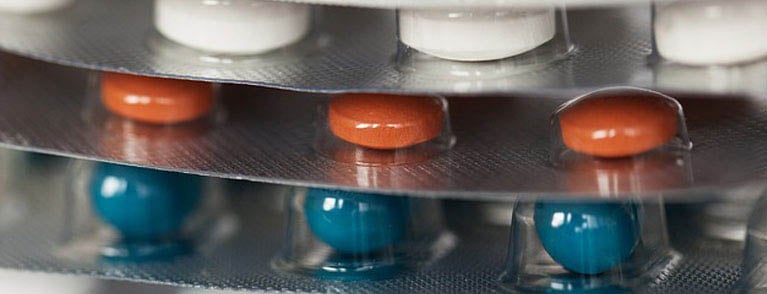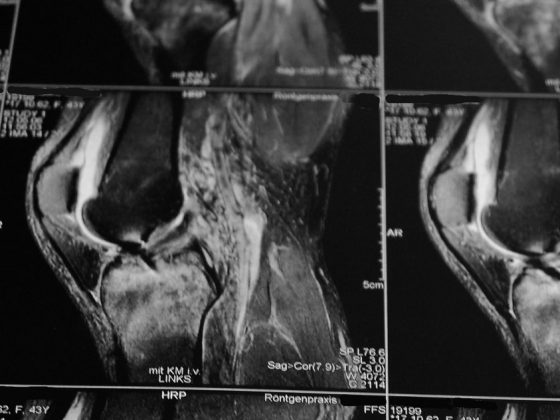Purpose: The COPOUSEP study, published in the Lancet, investigates whether oral administration of high-dose methylprednisolone is inferior to intravenous administration.
Background
The generally accepted standard of care for an acute episode of multiple sclerosis (MS) is high-dose intravenous methylprednisolone. A Cochrane Review published in 2012 considered five studies that examined intravenous versus oral steroid therapy for the treatment of an MS relapse. No significant difference was found in clinical, radiologic, or pharmacologic outcomes. However, small case numbers and methodological differences were pointed out, among other limitations.
Patients and methodology
This is a multicenter, randomized, double-blind, non-inferiority trial conducted at 13 MS centers in France. Included were 199 MS patients with an acute MS relapse (functional worsening by at least one point on the Kurtzke scale) who were treated with 1000 mg methylprednisolone daily per os or intravenously for three days within 15 days of symptom onset. All patients also received either NaCl solution intravenously or placebo tablets over the same period. Visits with EDSS and FSS were performed on day 1 before the start of therapy and on days 3, 8, 28, and 180. In case of no improvement before day 28, treatment according to the mentioned regimen was possible for another two days.
Results
There was no difference between the two groups in the primary endpoint: 81% of those treated orally and 80% of those treated intravenously showed functional improvement of at least one point on the Kurtzke scale after 28 days and required no further cortisone treatment. Side effects in the two groups were comparable. Only sleep disturbances occurred more frequently in the oral steroids group (77% vs. 64%). The time to initiation of therapy averaged seven days in both groups.
Conclusions of the authors
The authors demonstrated that three-day oral administration of 1000 mg methylprednisolone was noninferior to intravenous administration. Both functional improvement and tolerability were comparable. They conclude that the results could have implications for everyday clinical practice (in terms of access to therapy, patient comfort, as well as lower costs with oral therapy). They recommend that the indication for treatment be made by an experienced physician.
Comment
There is a flood of work on MS (basic research, epidemiology, drug trials). This study is dedicated to a very practical topic: the treatment of relapses, for which there is little evidence. Specifically, the study answers two important clinical questions: should steroid pulse therapy be used and is an oral regimen possible? The answer: early therapy with steroids in clinically relevant relapse is reasonable. Oral treatment is an alternative to intravenous administration. A minor disadvantage is the fact that methylprednisolone as a tablet is currently only available in the dose of 100 mg.
InFo NEUROLOGY & PSYCHIATRY 2016; 14(1): 22.











